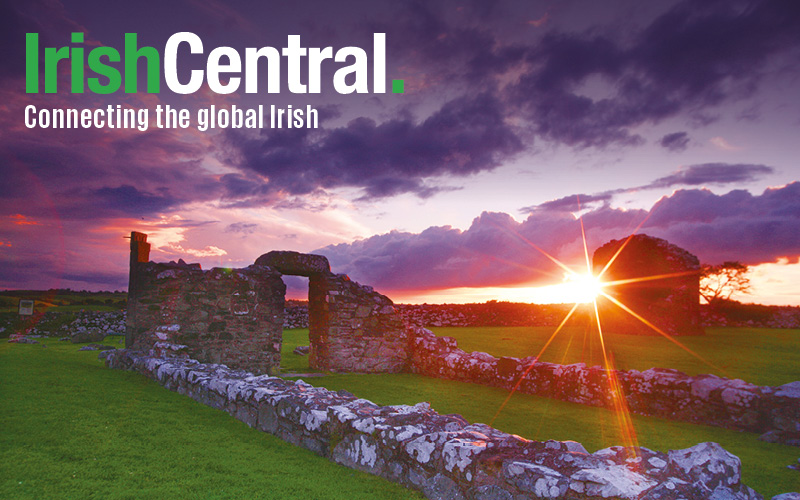How we introduced French Canadians to Celtic culture during Mass.
Nine years ago, I returned from working overseas for eleven years having retired from education.
My French Canadian wife and I decided to resettle in a small community north of Montréal, in a beautiful area known as the Laurentian mountains.
Curiously enough, the county we live in is known as Les pays d'en Haut which means the highlands in English!
I became an active member of the small Catholic church in this town of 3,000 people and was elected as a warden in 2012. Like most Christian communities in this province, the numbers of faithful have been diminishing like our snow in summer and I proposed a temporary solution to encourage people who would normally not come to Mass, to attend.
The idea was to hold a Celtic music and song recital before and during the mass, using the beautiful, vast and rich Celtic traditions to supplement the normal church music everyone already knew.
Read more: Irish Canadians continue fight for recognition at Montreal light rail station
The problem was that most of our Celtic music was either in Irish, Scots Gaelic or English. Getting it translated would be too expensive, often didn't musically transcribe well and lost a lot in the translation.
We formed a committee to organize and manage this event and to choose the best time to hold the first recital-Celtic Mass.
Initially, people didn't understand that Celtic traditions were NOT English traditions and that the Irish, Scots, Asturians, Bretons and other Celtic peoples had a rich repertoire that was distinctly non-anglophone.
We were able to augment our usual church choir and our choir director and her organist rapidly took to the Celtic playlist.
We decided to sing in English and one or two songs in Irish or Scots Gaelic with me, a non-Gaeilge speaker trying to help French Canadians, most of whom did not speak English and certainly not Irish or Scots Gaelic, to pronounce and learn the rhythms of our music.
Happily, I was able to master the complex pronunciations having heard them as a child at home with my grannie and the internet certainly helped as well.
Read more: Canadian visas for 10,700 Irish citizens in 2020 up for grabs
Finally, after months of practicing and countless missteps, misunderstandings and resistance from many quarters, the event took place.
Our small church was packed to the gills since almost all French Canadians know about Riverdance and the charming Celtic music associated with this group. We invited both Irish and Scots dancers to present their art, but only the Scots could make it.
We couldn't get musicians for St.Patrick's Day so we held the ceremony and recital in April, once the snow had begun to recede. The crowd loved it and despite the concern of the celebrant, the people sang along and clapped away as our musicians, choir, and dancers entertained them with their Celtic prowess.
Since the first event in 2015, we have held three other masses and recitals and all were bursting at the seams with people eager to see this annual event.
Many French Canadians have Irish or Scottish ancestry and can relate to our music, culture, and history as they were also a people dominated by the same conquerors and find in our music and culture a resonance with their own.
They even have a tradition of community musical events called ¨soirée Canadien¨ which basically means a Canadian get-together. It is very similar to the Irish Ceilidh and has ¨rigadon¨ or fiddle music, singing and step dancing.
Much of this was transferred by the Irish and Scots, along with our music and rhythm so it wasn't a big step to introduce my French Canadian neighbors to our beautiful traditions.
We will continue this wonderful annual event, probably without the religious association, but certainly in the same church and possibly expand to include different aspects of the Celtic traditions and peoples around the world.
Have you tried anything similar? Let us know in the comments section, below.
This article was submitted to the IrishCentral contributors network by a member of the global Irish community. To become an IrishCentral contributor click here.




Comments